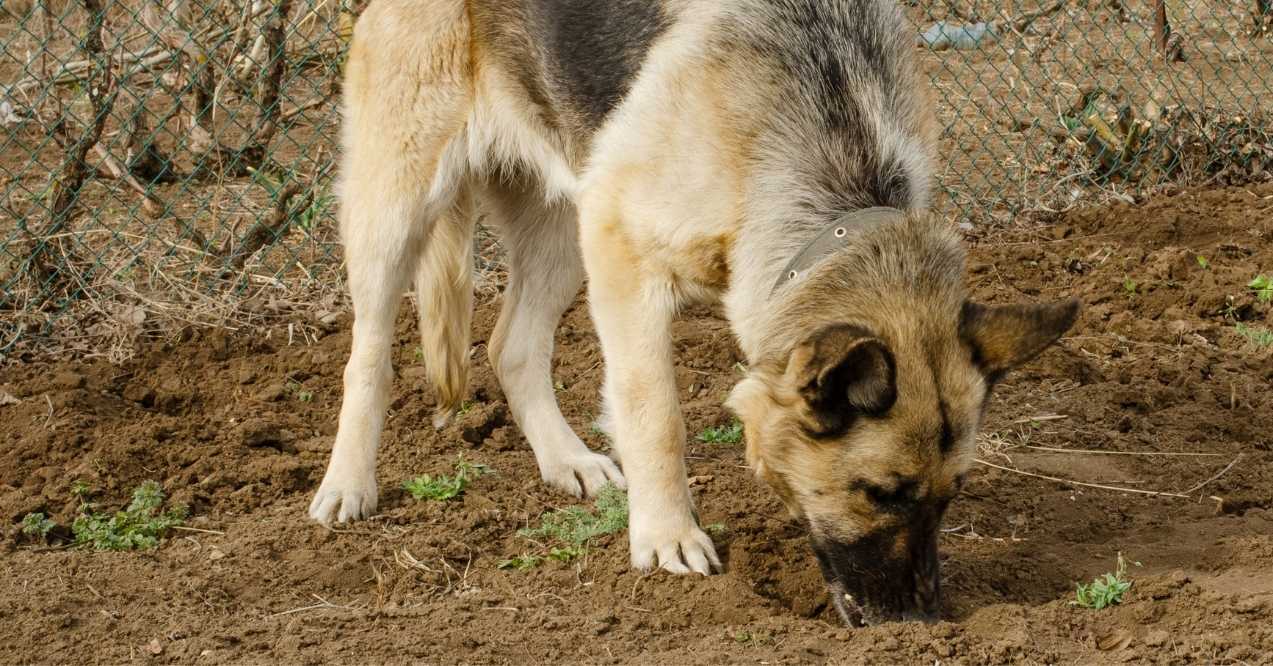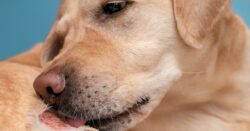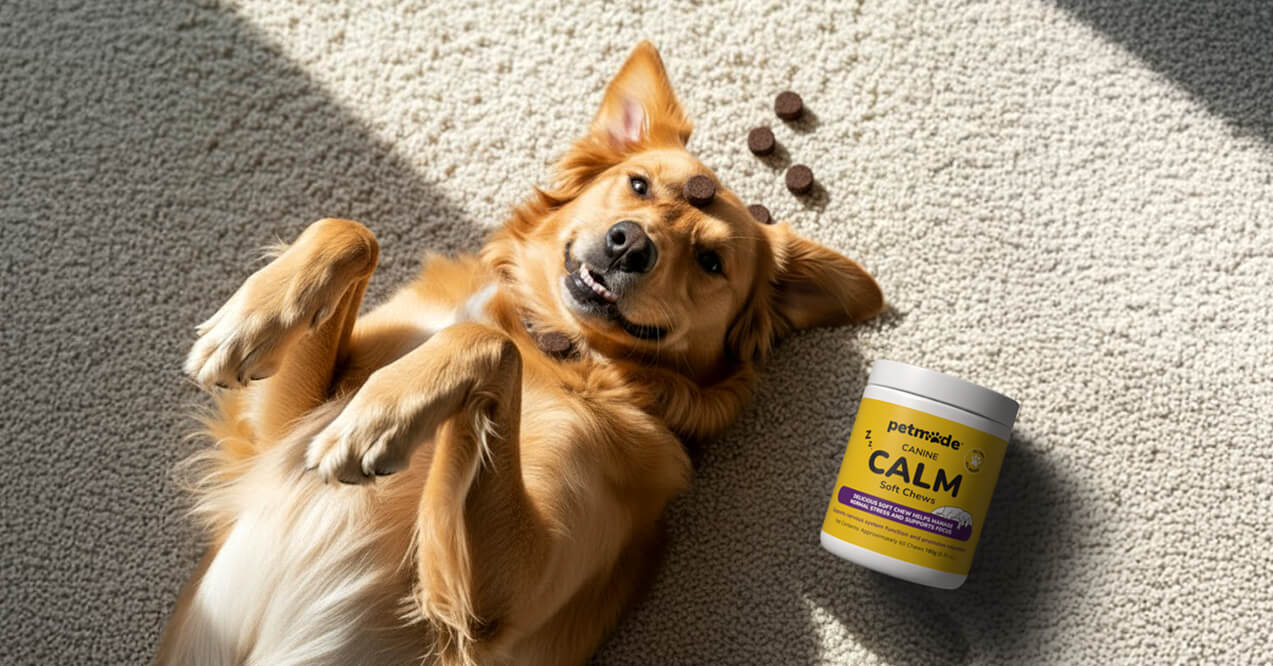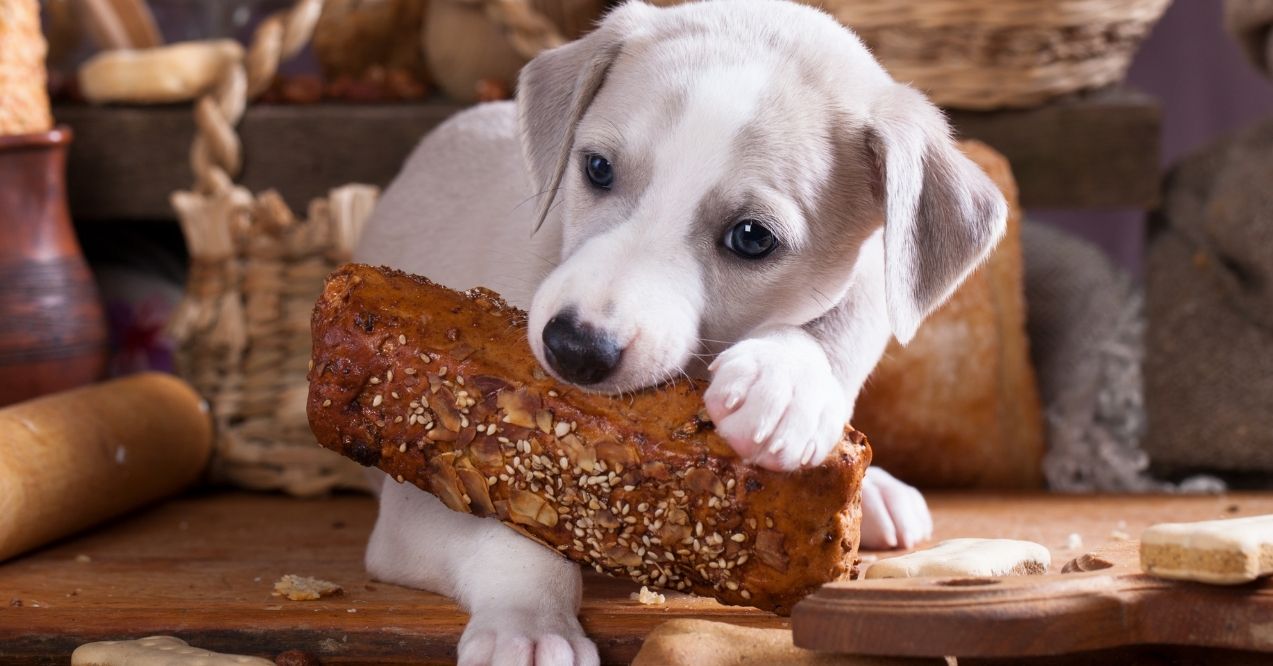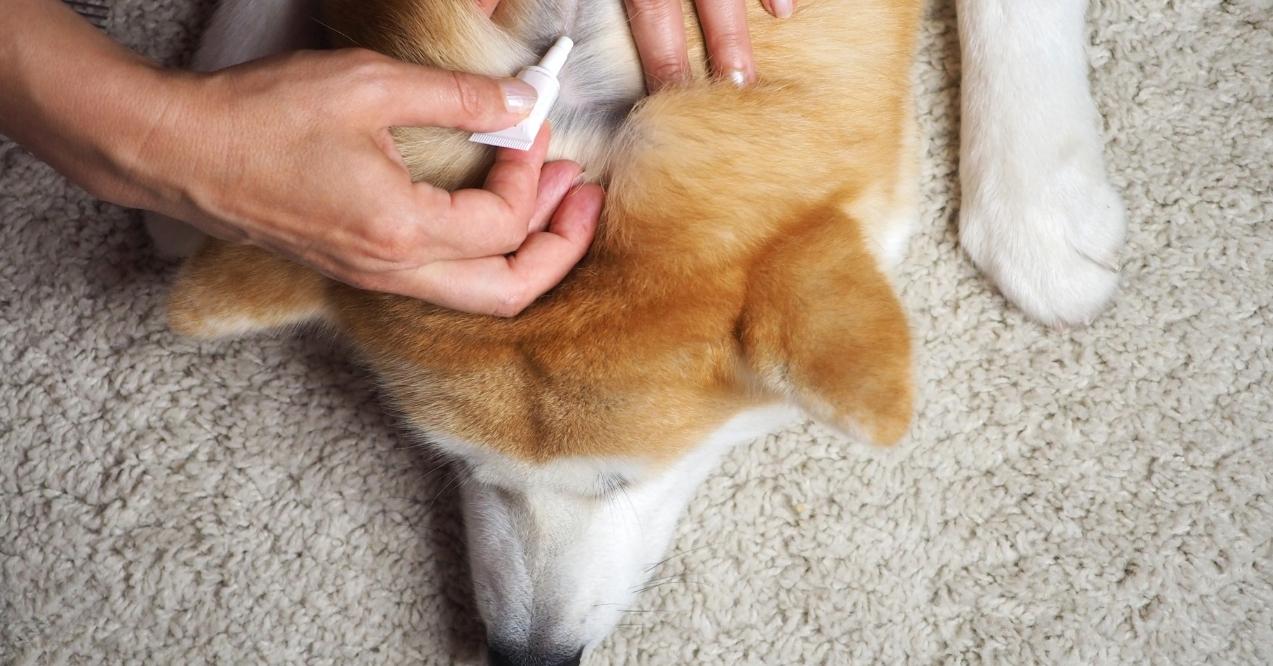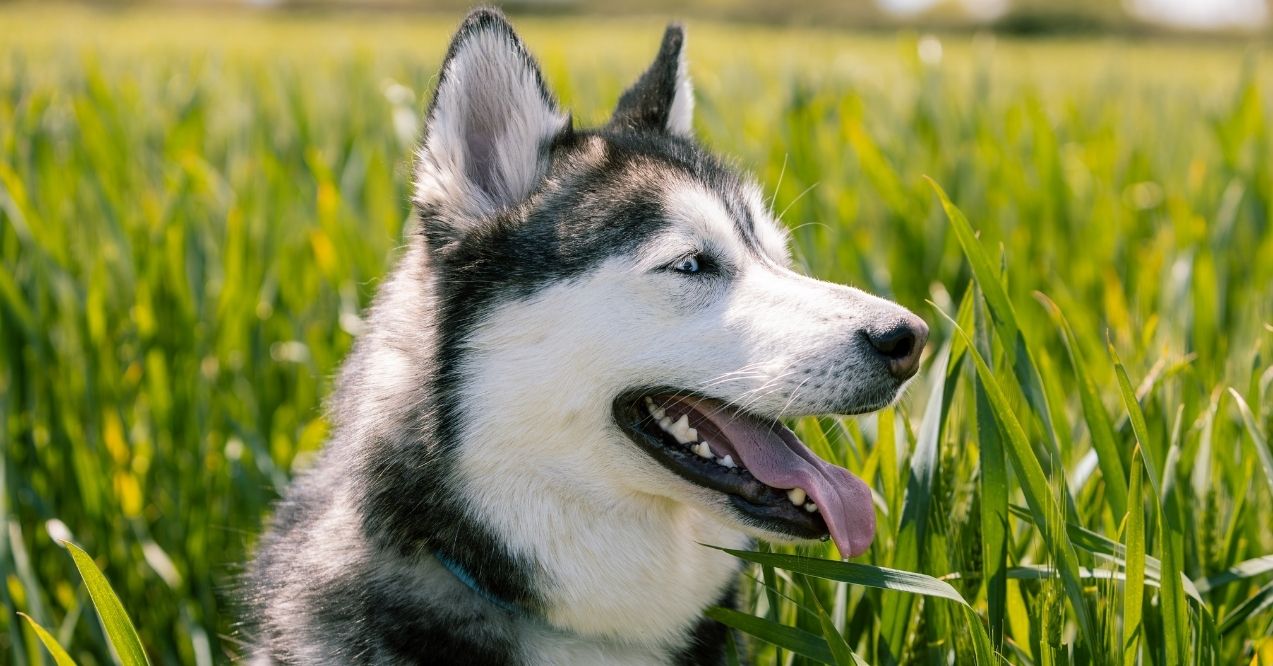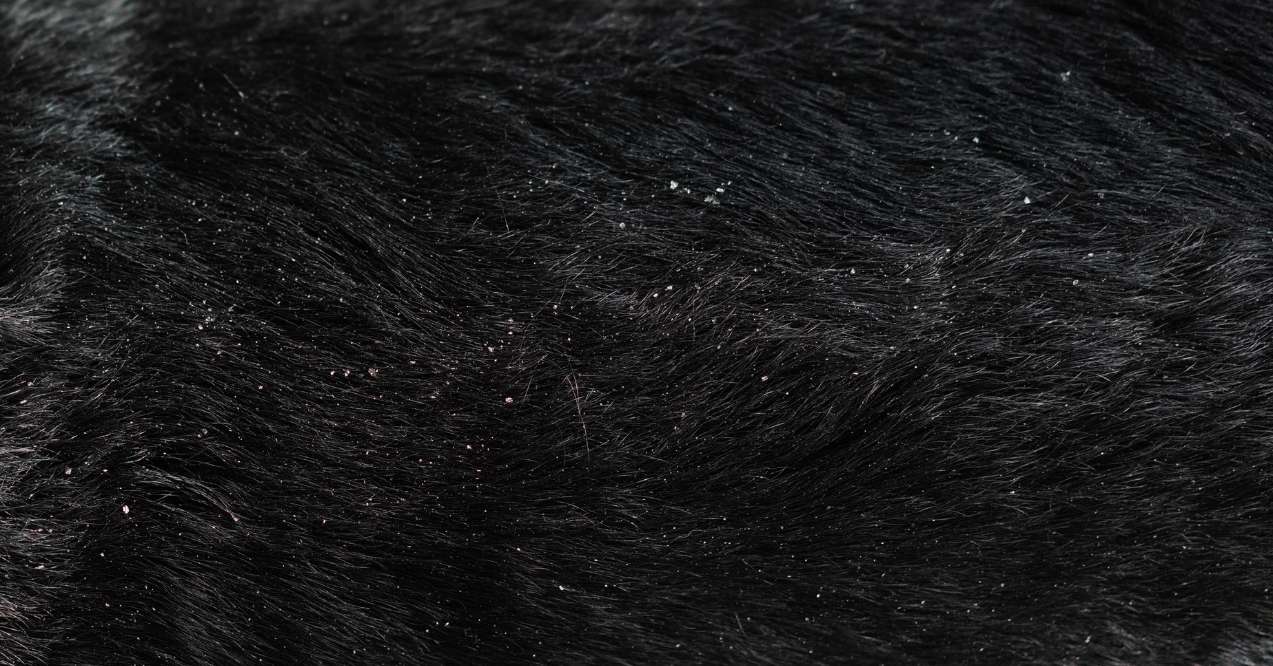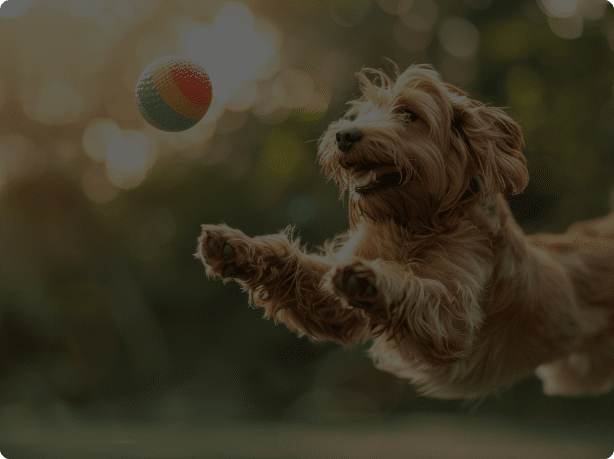Why Is My Senior Dog Eating Dirt?
Why is my senior dog eating dirt when they never did this before? If you’ve noticed your older pup developing a taste for soil, you’re not alone in your concern. This behavior, while puzzling, often emerges in senior dogs for various reasons ranging from nutritional needs to behavioral changes.
As our canine companions age, their needs and behaviors can shift in unexpected ways. What might seem like a strange new habit could actually be your dog’s way of communicating something important. Whether it’s a Golden Retriever suddenly munching on garden soil or a terrier developing an obsession with dirt during walks, finding the root cause is essential for their wellbeing.
Why Do Older Dogs Eat Dirt?
Discovering why do older dogs eat dirt requires looking at both physical and emotional factors unique to aging canines. Senior dogs experience changes in their bodies and minds that can trigger new behaviors, including the sudden urge to consume soil. These changes might include decreased nutrient absorption, shifting hormone levels, or increased anxiety about their changing abilities.
The behavior often starts subtly – perhaps a quick taste during a walk or a nibble while investigating the yard. For some breeds, particularly those with strong foraging instincts like Beagles or Labs, dirt-eating may intensify as they age and seek ways to satisfy their natural drives. Environmental factors also play a role, especially during seasonal transitions when soil composition changes and new scents emerge.
Medical Causes of Dirt Eating in Senior Dogs
When asking “why does a dog eat dirt,” nutritional deficiencies often top the list of medical causes. Senior dogs may struggle to absorb minerals like iron, calcium, or B vitamins from their regular food, leading them to seek these nutrients elsewhere. Age-related changes in digestive efficiency can create gaps in their nutrition even with a quality diet.
Digestive discomfort may also drive this behavior, as some dogs instinctively eat dirt to soothe stomach upset. Hormonal imbalances common in older dogs can affect their appetite and eating habits. Additionally, dental issues might make regular food uncomfortable to eat, causing them to seek softer alternatives.
Behavioral Factors: Stress and Boredom
Senior dogs often face increased stress from physical limitations, vision changes, or hearing loss that can manifest as unusual behaviors. The frustration of not being able to move as freely or engage in favorite activities may lead to compulsive dirt-eating as a coping mechanism. Changes in routine, such as retirement of their human companions or loss of a furry friend, can trigger anxiety-driven behaviors.
Boredom becomes particularly problematic for older dogs who can’t exercise as vigorously as before. Without adequate mental stimulation, they may turn to dirt-eating simply to occupy themselves. This is especially common in intelligent breeds like border collies or poodles who need constant mental engagement.
Is It Bad for Dogs to Eat Dirt?
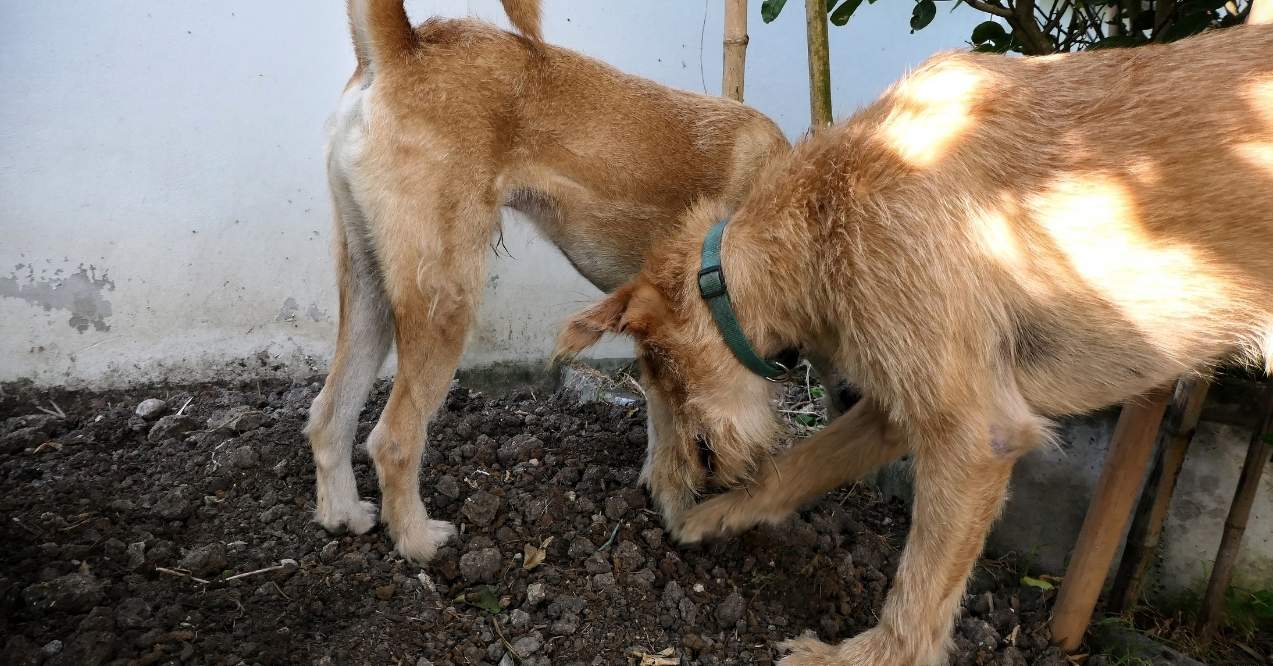
While the occasional dirt nibble might not cause immediate harm, regular consumption raises the question: is it bad for dogs to eat dirt consistently? The answer is yes – especially for senior dogs whose bodies may be less equipped to handle potential complications. Their aging digestive systems and potentially weakened immune function make them more vulnerable to the risks associated with soil consumption.
The dangers multiply when you consider where your dog is eating dirt. Park soil, treated lawns, and areas near roads carry different risk levels. Spring and summer months pose additional concerns when fertilizers and pest control products are commonly applied. Even natural, untreated soil can harbor organisms that challenge an older dog’s system.
Health Risks of Eating Dirt
Dog eating dirt regularly faces several immediate health risks that become more serious with age. Intestinal blockages can occur when dogs consume large amounts of soil, potentially requiring surgical intervention – a particular concern for seniors who may not handle anesthesia as well. Sharp objects like small rocks or sticks hidden in dirt can damage teeth already weakened by age.
Parasitic infections pose another significant threat, as soil often contains hookworm or roundworm eggs. These parasites can cause severe digestive issues that may lead to an upset stomach and nutrient depletion in older dogs.
Toxins in Dirt and Soil
Modern landscaping practices mean that seemingly harmless dirt may contain dangerous chemicals. Pesticides, herbicides, and fertilizers can accumulate in soil, creating toxic hazards for dogs who ingest them. Senior dogs with compromised organ function may struggle to process and eliminate these toxins effectively.
Seasonal applications of lawn treatments peak during spring and fall, making these times particularly risky. Urban environments add another layer of concern with potential contamination from automotive fluids, road salt, and industrial pollutants that settle into soil.
How to Prevent Your Senior Dog from Eating Dirt
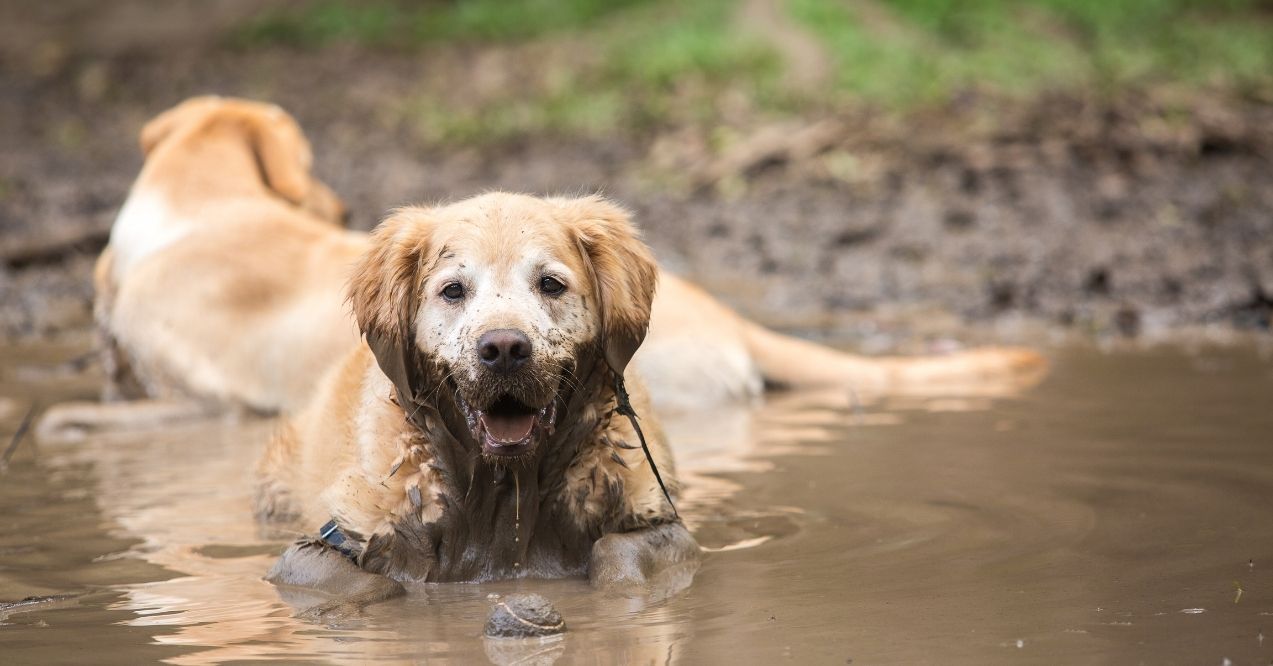
Addressing why does my dog eat dirt starts with recognizing that prevention requires a multi-faceted approach tailored to your senior dog’s specific needs. The good news is that most cases of dirt-eating can be managed effectively once you identify and address the underlying cause. Creating a comprehensive prevention plan involves dietary assessment, environmental management, and behavioral modification strategies.
Success often comes from combining several approaches rather than relying on a single solution. What works for a anxious Yorkshire terrier might differ from strategies needed for a bored German shepherd. Consistency and patience are key, as changing established behaviors in older dogs typically takes time and gentle persistence.
Monitor and Adjust Their Diet
Ensuring your senior dog receives optimal nutrition forms the foundation of preventing dirt-eating behavior. Focus on high-quality proteins, easily digestible carbohydrates, and essential minerals that aging dogs need. Consider foods specifically formulated for seniors that address common nutritional needs of old dogs, including enhanced levels of antioxidants and joint-supporting nutrients.
Key nutrients to prioritize include:
- Iron and B-complex vitamins for energy
- Calcium and phosphorus for bone health
- Omega-3 fatty acids for cognitive function
- Digestive enzymes to improve nutrient absorption
Provide More Mental and Physical Stimulation
Enrichment activities adapted for senior dogs can significantly reduce boredom-driven dirt consumption. Puzzle feeders work wonderfully for meal times, turning eating into an engaging activity that satisfies foraging instincts. Snuffle mats encourage natural searching behaviors without the risks associated with outdoor dirt.
Gentle exercise routines might include short, frequent walks rather than long treks, swimming for joint-friendly activity, or indoor games during extreme weather. Rotating toys weekly keeps things interesting without overwhelming your senior pup.
Redirect the Behavior
When you catch your dog approaching dirt with intent, positive redirection works better than punishment. Keep high-value treats handy during walks to capture their attention before they start eating dirt. Teaching a reliable “leave it” command provides a clear alternative behavior you can reward.
Creating positive associations with appropriate activities helps break the dirt-eating cycle. Offer a favorite chew toy or initiate a gentle game whenever you see dirt-eating tendencies emerging.
When Should You Consult a Veterinarian?
While knowing why does my dog keep eating dirt helps you address the behavior at home, certain situations require professional guidance. Sudden onset of dirt-eating in a previously uninterested dog warrants investigation, as it may signal developing health concerns. Frequency matters too – occasional dirt tasting differs significantly from compulsive daily consumption that interferes with normal activities.
Pay attention to accompanying symptoms that might indicate underlying issues. Changes in appetite, energy levels, or bathroom habits alongside dirt-eating suggest more complex problems. Senior dogs experiencing rapid behavioral changes deserve prompt evaluation to ensure their golden years remain comfortable and healthy. Professional assessment becomes especially important when home interventions fail to reduce the behavior after several weeks of consistent effort.
Signs of Potential Health Issues
Watch for specific warning signs that indicate dirt-eating has moved beyond a behavioral quirk. Pale gums may suggest nutritional deficiencies affecting red blood cell production. Excessive drooling, repeated vomiting, or difficulty passing stool could indicate digestive blockages from consumed soil.
Additional red flags include:
- Sudden weight loss despite normal eating
- Lethargy or reluctance to engage in usual activities
- Black, tarry stools indicating internal issues
- Persistent diarrhea lasting more than 48 hours
Conclusion
Learning why is my senior dog eating dirt empowers you to take appropriate action for your aging companion’s health and happiness. This behavior, while concerning, often responds well to a combination of dietary improvements, increased mental stimulation, and patient redirection techniques. By addressing potential nutritional gaps, enriching your dog’s daily routine, and staying alert to warning signs, you can help curb this potentially harmful habit.
Can dogs eat dirt without consequences? While small amounts may not cause immediate harm, consistent prevention remains the best approach for senior dog health and wellbeing.
Dogs eat dirt due to nutritional deficiencies, digestive discomfort, boredom, or stress. Senior dogs may develop this habit as their bodies change with age.
Yes, older dogs face increased risks from parasites, toxins, and intestinal blockages. Their aging systems handle these challenges less effectively than younger dogs.
Improve their diet, increase mental stimulation, use positive redirection during walks, and address any underlying anxiety. Consistency and patience bring the best results.
Advertisement. This site offers health, wellness, fitness and nutritional information and is designed for educational purposes only. You should not rely on this information as a substitute for, nor does it replace, professional medical advice, diagnosis, or treatment. If you have any concerns or questions about your health, you should always consult with a physician or other health-care professional. Do not disregard, avoid or delay obtaining medical or health related advice from your health-care professional because of something you may have read on this site. The use of any information provided on this site is solely at your own risk.
